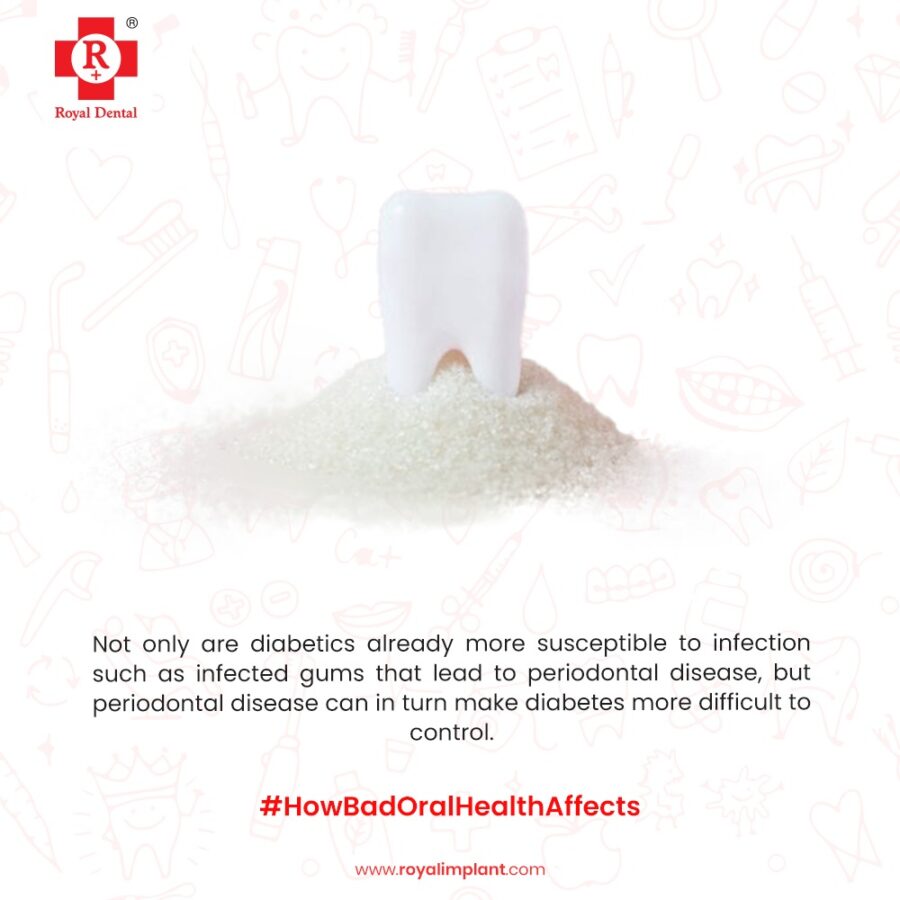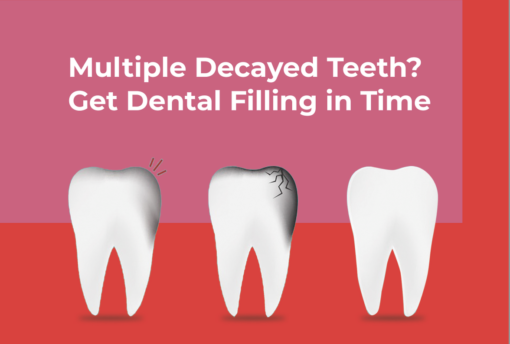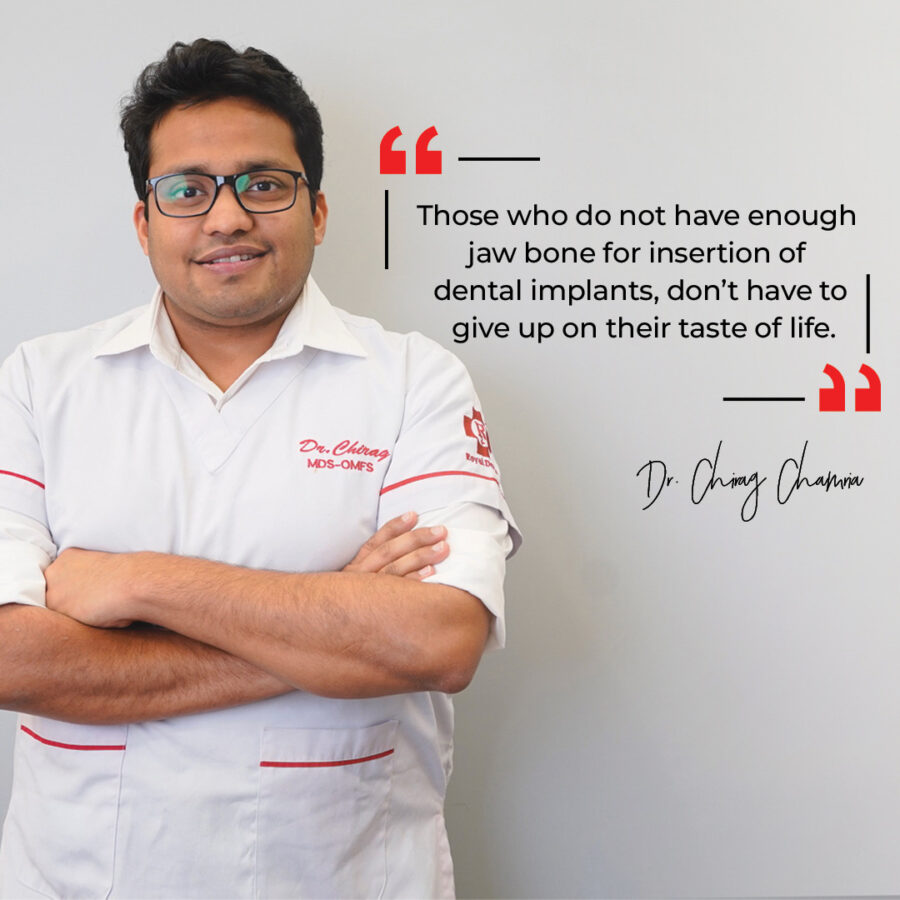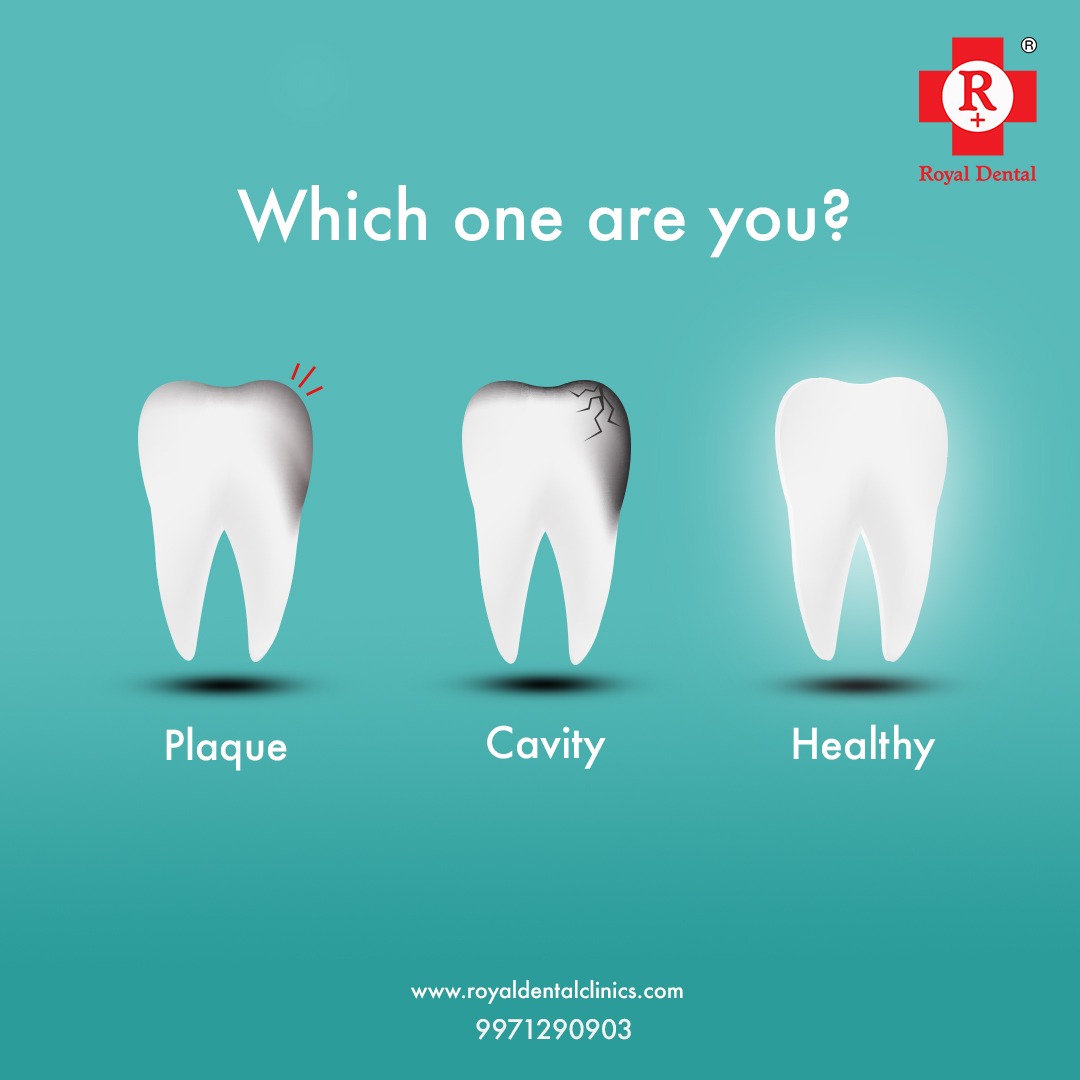Black tooth is a type of dental caries or decay. It’s more commonly known as cavities and it occurs when bacteria in your mouth feed on the sugar in your teeth. These bacteria produce acids that are weaker than water but strong enough to break down the mineral hydroxyapatite (HA) in your teeth. Black tooth decay can be hard to spot at first; it often begins as yellowish spots on your teeth that can gradually become darker until the affected area appears almost black. If left untreated, black tooth decay can cause lasting damage to your mouth and lead to serious infections. Keep reading to learn more about this condition and how you can prevent it from happening!
What are the causes of black tooth decay?
It can result from eating sugary or starchy foods, having untreated tooth decay, not flossing regularly, or having poor oral hygiene. Certain health conditions, medications, and nutritional deficiencies can also increase your risk of black tooth. If you eat a lot of sugary foods, it’s easy to develop black tooth. Bacteria in your mouth can feed on these sugars and produce acids that attack your teeth. It’s a good idea to reduce your intake of sugary foods, such as soda, candy, and white bread. You should also minimize the number of carbohydrates you eat since this break down into sugar.

If you have untreated tooth decay, it can lead to black tooth decay. Bacteria in your mouth may enter the tooth and cause infection. The infection can then travel through your bloodstream and infect your entire body. Untreated tooth decay can also damage your teeth, making it more difficult to prevent tooth decay in the future. If you don’t floss regularly, you may be at risk of black tooth decay. Bacteria that cause tooth decay can build up between your teeth and gum line. If you don’t floss to remove this bacteria, it can travel to other areas of your mouth, causing tooth decay.
How to check for black tooth decay?
If you think you might have black decay, the first thing you should do is schedule an appointment with your dentist. Your dentist can examine your teeth and determine if you have tooth decay. You can also do an at-home check for tooth decay, but keep in mind that these results aren’t as accurate as what a dentist sees. You can use a dental mirror to look at the teeth near the gum line.

If you notice any yellow or brown spots on your teeth or any rough patches, this may be a sign of cavity. A tooth can be worn away from tooth decay over time, so check your teeth and gums regularly for changes. If you think you have black decay, you should see a dentist as soon as possible. Your saliva works to prevent tooth decay from occurring. It washes sugar out of your mouth and into your stomach, stops acid from causing damage, fights bacteria, and can repair the early stages of tooth decay by repairing tooth.
How to prevent black tooth decay?
The best way to prevent black tooth decay is to practice good oral hygiene. Brush your teeth at least twice a day and floss at least once a day. You should also visit your dentist every six months for cleaning and a dental exam. Avoid eating sugary or starchy foods, as these can cause tooth decay. You can also rinse your mouth with an antibacterial mouthwash to get rid of harmful bacteria.

If you have certain health conditions, you may need to take extra care of your teeth to prevent black tooth decay. You can also take certain nutritional supplements to keep your teeth healthy. Eat foods rich in calcium, such as yogurt and cheese, and vitamin D-rich foods, such as fish and eggs. If you’re at risk of black tooth decay, you may also benefit from certain antibacterial mouthwashes
Using toothpaste that contains fluoride and drinking tap water if you’re living in an area with fluoride in the drinking water. Fluoride protects the teeth against acid. If you’re living in an area without fluoridated drinking water, speak to your dentist about what oral care products would be best for you
Chewing sugar-free chewing gum after meals to increase saliva flow – saliva is very important for protecting your teeth from cavities.

Staying well hydrated improves your saliva – remember that dehydration can reduce the amount of saliva you make so drink 6-8 glasses of fluids per day, mostly tap water
Having the deep grooves on some of your teeth sealed with a dental material called a fissure sealant, if recommended by your dentist – can prevent tooth decay on the biting surfaces of your teeth
Using toothpaste that contains fluoride and drinking tap water if you’re living in an area with fluoride in the drinking water. Fluoride protects the teeth against acid. If you’re living in an area without fluoridated drinking water, speak to your dentist about what oral care products would be best for you
What are the treatment options for black tooth decay?
If left untreated, black tooth decay can result in serious infections and damage to your gums and the bone underneath your teeth. If you have black tooth, your dentist may recommend several different treatments. Including antibiotics, tooth removal, a root canal, and a dental implant. Antibiotics are medications that can help treat tooth infections. Your dentist may recommend antibiotics if you have black teeth cavity and bacterial infection.

If your dentist finds black tooth decay that hasn’t yet affected your gums. They may recommend treatment to stop the decay and prevent it from getting worse. This can include professional cleaning, fluoride treatment, sealants, and/or a protective barrier.
Fluoride treatments and sealants can help protect from tooth decay. If you have black tooth decay that has already caused damage to the gums. Your dentist may recommend a root canal. This procedure removes the infected tissues from your teeth and replaces them with a filling or dental crown.
Conclusion
Black tooth is a type of decay that occurs when bacteria get between your teeth and gums and start to feed on the sugars present in your mouth. When the bacteria creates acid, this acid will begin to break down your tooth’s enamel, dentin, and even the root. It’s important to take good care of your teeth to prevent this from happening. If you notice any signs of black tooth decay, such as spotting or rough patches on your teeth. It’s best to visit a dentist as soon as possible.






